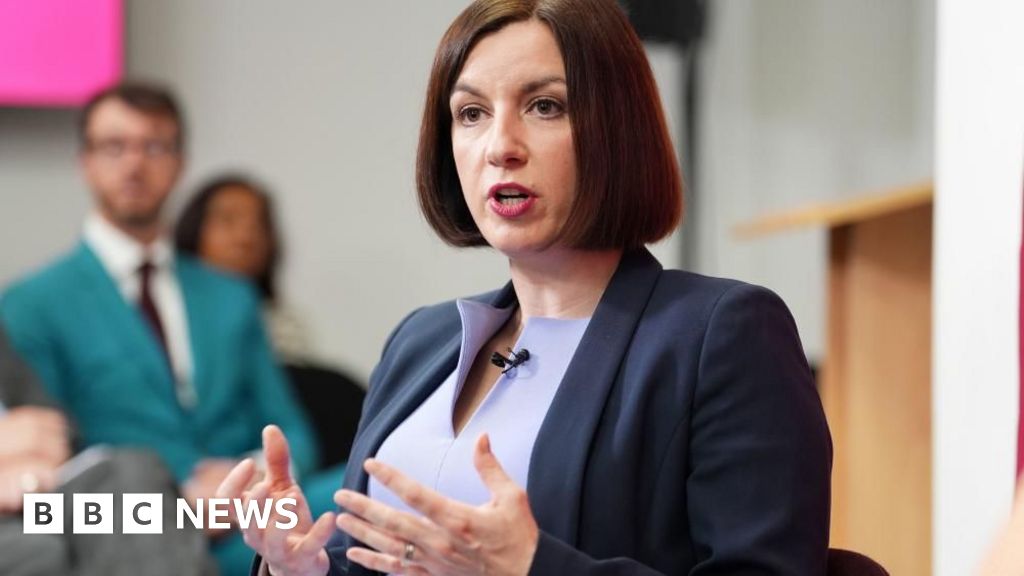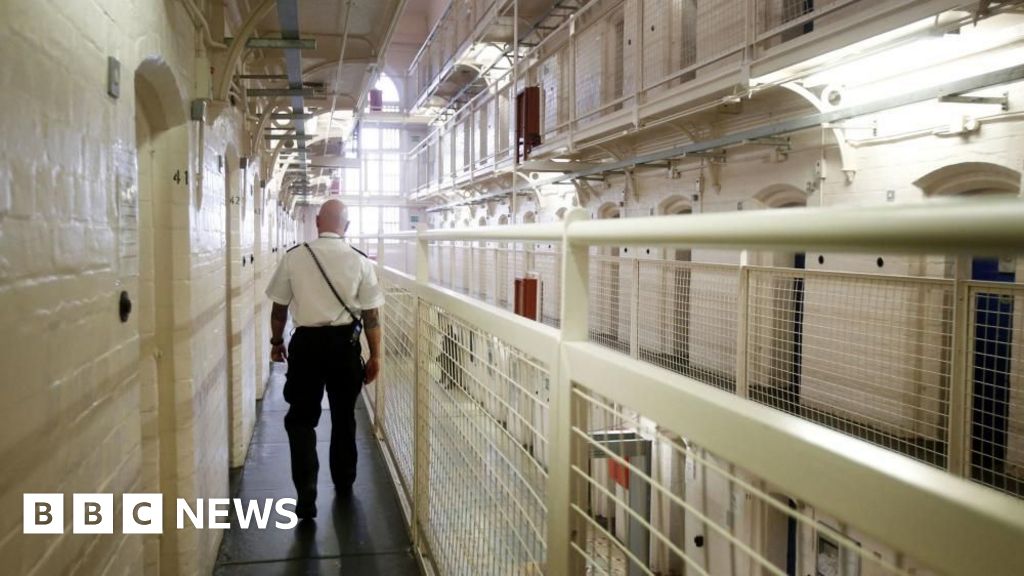ARTICLE AD BOX
The PM says "we have made progress" on cutting boat crossings but there is no "firm date" to end them
By Joshua Nevett
Political reporter, BBC News
Prime Minister Rishi Sunak has admitted he does not have a "precise" target date for stopping migrant crossings, in a grilling by senior MPs.
The promise to "stop the boats" was one of the five priorities for 2023 that Mr Sunak set out at the start of the year.
While Channel crossings have fallen by a third since 2022, more than 29,437 people have made the journey this year.
The PM insisted "progress" had been made, and he was sure his Rwanda asylum plan would curb illegal migration.
Mr Sunak faced multiple questions on migration and the government's scheme to send some asylum seekers to Rwanda during his routine questioning by MPs at the Liaison Committee in Parliament.
In a major speech in January, Mr Sunak said stopping the boats was one of his five "immediate priorities" in 2023, telling the public "we will either have achieved them or not".
But Mr Sunak has never qualified exactly when he would stop small boat crossings entirely.
Instead, he said he would pass new laws to ensure people who arrive in the UK illegally were "detained and swiftly removed".
In one testy exchange with Dame Diana Johnson, who chairs the Home Affairs Select Committee, Mr Sunak was asked directly when he thought he would meet this target.
"There isn't a firm date on this because I've always been clear from the beginning," Mr Sunak said.
He added: "We will keep going until we do [stop the boats]. This isn't one of these things when there's a precise date estimate on it, this is something where before I took this job they had only ever gone up, now they're down by a third."
Dame Diana also asked Mr Sunak about the Rwanda policy, which is part of the government's plan to deter migrants from crossing the Channel in small boats.
When the Labour MP suggested no airline was "willing to contract with government to remove people to Rwanda because of reputational damage", Mr Sunak refused to comment on what he called "commercial conversations that are necessarily private".
But Mr Sunak said he was "highly confident" the government would be able to deport asylum seekers to Rwanda.
To that end, the government is attempting to pass legislation to declare in UK law that Rwanda is a safe country, with a view to stopping flights being grounded by legal challenges.
The government's Safety of Rwanda Bill passed its first stage in the House of Commons last week, and will be examined further by MPs in the new year.
Mr Sunak told the Liaison Committee he was "always happy to engage with colleagues" on the contents of the bill, but would not commit to a specific timetable.
He also declined to discuss the cost of the scheme, now expected to exceed £290m, saying secrecy was necessary as the government might "want to have other conversations with other countries" about similar schemes.
Mr Sunak has pledged to clear the backlog of "legacy" asylum cases - claims made before 28 June 2022 - by the end of 2023.
The "legacy" backlog had fallen to 18,366 at the end of November, a dip of three-quarters since June 2023.
But when asked whether he would meet his pledge, Mr Sunak said: "We're not at the end of the year yet, so the final statistics haven't been published, but we are making very good progress."
Meanwhile, the rest of the backlog - those applications made on or after 28 June 2022 - continues to rise, reaching 91,076 at the end of November.
The government's record on asylum and migration is likely to be a key political battleground ahead of the next general election, expected in 2024.
The problems are complex and with Conservative MPs from different wings of the party sceptical of his Rwanda plan, the prime minister's flagship asylum scheme still hangs on the balance.

 1 year ago
33
1 year ago
33








 English (US) ·
English (US) ·